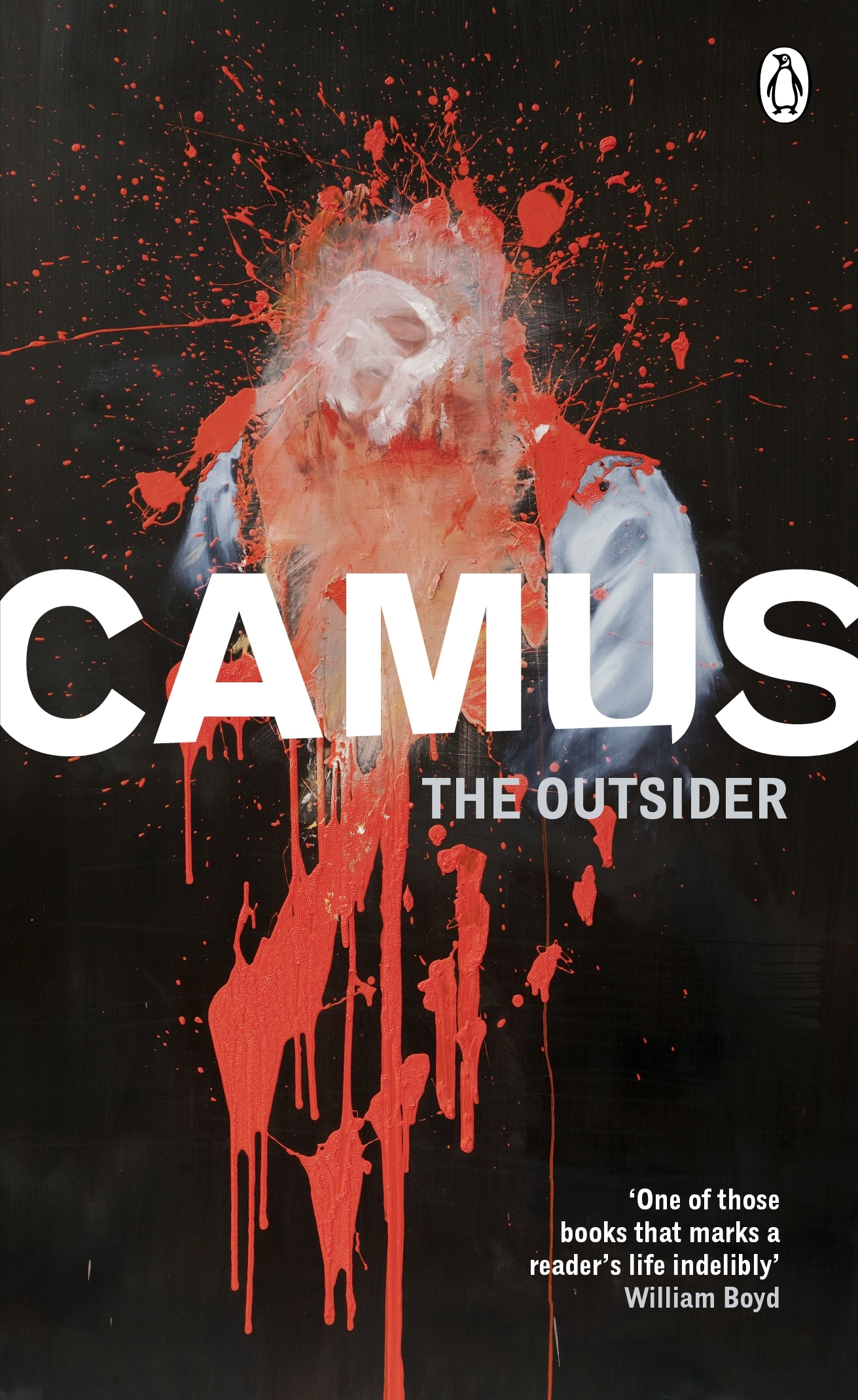

Prof Jardine said that the research suggested that the literary world was run by the wrong people. Most of the men cited books they had read as teenagers, and many of them stopped reading fiction while young adults, only returning to it in late middle age. In addition, some men cited works of non-fiction as their "watershed" books, even though they were explicitly asked about fiction.įor example, David Cameron, leader of the Conservative party, picked out Robert Graves's first world war memoir Goodbye to All That as his watershed book: "Brilliantly written, wonderfully clear and his description of life in WWI is harrowing but fascinating," he told the researchers. The historian David Starkey said, for instance: "I fear fiction, of any sort, has never worked on me like that. She was also surprised she said, "by the firmness with which many men said that fiction didn't speak to them". "We were completely taken aback by the results," said Prof Jardine, who admitted that they revealed a pattern verging on a gender cliche, with women citing emotional, more domestic works, and men novels about social dislocation and solitary struggle. The researchers also found that women preferred old, well-thumbed paperbacks, whereas men had a slight fixation with the stiff covers of hardback books. Ideas touching on isolation and "aloneness" were strong among the men's "milestone" books. "The men's list was all angst and Orwell. "They read novels a bit like they read photography manuals." Women readers used much-loved books to support them through difficult times and emotional turbulence, and tended to employ them as metaphorical guides to behaviour, or as support and inspiration. "We found that men do not regard books as a constant companion to their life's journey, as consolers or guides, as women do," said Prof Jardine.

There was a much broader mix between contemporary and classic works and between male and female authors. They also named a "much richer and more diverse" set of novels than men, according to Prof Jardine.

Women, by contrast, most frequently cited works by Charlotte and Emily Brontë, Margaret Atwood, George Eliot and Jane Austen. On the whole, men preferred books by dead white men: only one book by a woman, Harper Lee, appears in the list of the top 20 novels with which men most identify. The results are strikingly different, with almost no overlap between men's and women's taste.


 0 kommentar(er)
0 kommentar(er)
